17/11/2022
Colombia’s new Public Order Law is a cornerstone of Gustavo Petro’s ‘Total Peace’ policy. Gwen Burnyeat, Andrei Gómez-Suárez and Alejandro Posada Téllez analyse some of the questions raised by the law and the main challenges of its implementation.
On 4th November 2022, Colombian President Gustavo Petro sanctioned Law 2272 of 2022, which extends and modifies Law 418 or the Public Order Law, also known as the ‘Total Peace’ law. This new law provides the legal framework for the government to engage in peace talks and negotiations with the different illegal armed groups that operate in Colombia. Alongside Petro’s commitment to the full implementation of the 2016 Peace Agreement, his administration’s ‘Total Peace’ agenda constitutes a paradigm shift in the pursuit of peace. However, its implementation faces multiple challenges.
The government’s goals with this law are ambitious. It aims to negotiate with insurgent armed groups such as the National Liberation Army (ELN), and to dismantle all high-impact organised crime groups operating in the country. The law also makes peace an official state policy, seeking to engage the entire government in the construction of a stable and lasting peace, understood not only as the absence of war, but in a broader sense, including social, environmental, economic and cultural policies.
Source: El País
The key points of the law
The law lays out two different processes to dismantle illegal armed groups. First, it gives the government legal faculties to hold peace talks with armed actors recognised as politically motivated, such as rebel groups, in the hope of reaching peace agreements with these groups. Second, it enables the government to negotiate a submission to justice by high-impact organised criminal groups. To determine which of these processes will be followed in each case, the law establishes a high-level commission to characterise the different groups and set the terms of negotiation. This commission will be comprised of the High Commissioner for Peace, the Minister of Defence, and the head of the intelligence services.
In practice, this means that there will be peace negotiations with the ELN and a submission to justice by the Gaitanista Self-Defence Forces of Colombia (AGC) and other criminal groups dedicated to drug trafficking. The law permits renewed negotiations with deserters of the 2016 Agreement, such as Iván Márquez and other members of the ‘Second Marquetalia’, and with dissidents of the Revolutionary Armed Forces of Colombia (FARC) who never signed the Peace Agreement, led by Iván Mordisco. However, it does not stipulate the treatment that will be given to them.
The law allows the government to sign and implement partial agreements with armed groups, unlike the peace process with the FARC, which operated under the premise that “nothing is agreed until everything is agreed.” The agreements that are reached, whether full or partial, must be incorporated into the country’s National Development Plan, to guarantee resources for projects and public policies aimed at building peace. In addition, humanitarian demining plans are prioritised by the law, and the illegal groups that disarm under ‘Total Peace’ will identify risk zones and contribute to demining work.
The law also creates “Peace regions” – constituted by the president – to facilitate dialogues between different local actors and solve humanitarian problems, taking into account specific regional problems and forms of violence. The president may appoint Regional Peace Commissioners for these dialogues. Priority will be given to the municipalities hardest hit by violence and to the regions covered by the Development Plans with Territorial Focus (PDET). In addition to these regions, “temporary location zones” will be designated for the disarmament of armed groups, where arrest warrants can be lifted for that purpose, although the law makes it clear that neither the peace regions nor the temporary location zones will be demilitarised.
To harmonise the government’s efforts in the pursuit of peace, the law stipulates the creation of a Peace Cabinet, to ensure that each ministry has concrete objectives geared to that end, that peacebuilding efforts are articulated across agencies and ministries, and that effective accountability is guaranteed.
Finally, the law replaces obligatory military service with the “Social Service for Peace”. Although the mandatory character of service is not eliminated, young Colombians will have access to 11 forms of social service as an alternative to military training and work. These include promoting digital literacy in rural and urban areas, protecting the rights of conflict victims, supporting the implementation of peace agreements, and working for the conservation of nature and biodiversity, among others.
Source: El Espectador
Questions raised by the law
One uncertainty left by the law is whether FARC dissidents will be given political recognition – something that will have to be evaluated by the high-level commission mentioned above. A heated debate has recently emerged around how to define the “political” character of armed groups, since there is no consensus around this term. This is further complicated by the fact that all armed actors are on one hand involved in criminal activities, and on the other have the capacity to influence the political and administrative structures in the regions where they operate. There is concern that criminal groups might use a political facade to enter into peace negotiations instead of a process of submission to justice, in order to receive greater benefits.
The law does not stipulate whether the dissidents that never entered the negotiation process with the Santos government will be differentiated from those who deserted the process, but it offers the opportunity to negotiate with both groups. Vice President Francia Márquez recently stated that there will be negotiations with the ‘Second Marquetalia’, because its members had been victims of an “entrapment” by the Office of the Attorney General, likely referring to the drug trafficking accusations made against former FARC member Jesús Santrich to facilitate his extradition to the United States. Despite the meeting in October between the High Commissioner for Peace and the leader of the ‘Second Marquetalia’, Iván Márquez, the high-level commission will have to decide on the characterisation of this group too.
During the passage of the bill through Congress, important questions were raised regarding the political recognition of FARC dissidents, especially by the senator and former chief negotiator of the Santos government, Humberto de la Calle, and by the Attorney General Francisco Barbosa. While the senator declared that giving a second chance to those who betrayed the agreement contradicts constitutional norms and promotes a “culture of recidivism”, the Attorney General questioned the feasibility of negotiations with these groups, claiming that “dissidents will have to submit to ordinary justice”. It is clear that there is no consensus within the state on this issue, and these contradictory positions could generate uncertainty regarding the scope and implementation of the law in practice.
Similarly, some sectors in Colombia have expressed their concerns about granting organised criminal groups political status. For instance, the AGC define themselves as an armed civil resistance organisation with a social component, while the paramilitary group Conquistador Self-Defence Forces of the Sierra Nevada recently revealed that it will seek recognition as a political actor. It is possible that some criminal organisations may try to claim a political nature to gain benefits that would not be offered under a submission to justice. There is also a risk that some armed groups could resort to violence against security forces or civilian populations to pressure the government into granting them political status to negotiate. The role of the intelligence services in the high-level commission will therefore be central to making the respective characterisation.
Conversely, the law does not mention the treatment that transnational criminal structures operating in Colombia (Mexican, Italian, Russian, Venezuelan, Albanian) would receive. The legal character of these groups is uncertain in a submission scenario, and dismantling them could involve requests for extradition and collaboration with other governments, since Colombia cannot act unilaterally in these cases. Moreover, if other armed groups are dismantled and vacuums of territorial power are created, these could be filled by transnational structures of organised crime, potentially reproducing cycles of violence in some regions.
The law does not clarify either how the dialogues will be carried out in areas where several armed groups are engaged in territorial disputes. In these contexts, it is uncertain whether different negotiation tables will be set up simultaneously with the different actors, or whether multiple armed structures can be incorporated into the same negotiation table. It is plausible that not all groups operating in a region will seek to negotiate with the government at the same time, so the timing of the different processes will have to be managed with caution.
A final question is whether new transitional justice mechanisms will be created for groups granted political status, as government representatives have suggested should happen, or whether the mandate of the entities created in the 2016 Agreement will be expanded, in particular the Special Jurisdiction for Peace (JEP). Although this is outside the scope of the law, the government will have to guarantee the rights of conflict victims and adhere to international standards on the subject for its successful implementation.
Source: Semana
Pedagogy and dialogue to promote public understanding of the ‘Total Peace’
The Public Order Law is merely the first step in establishing the legal bases of the government’s ‘Total Peace’ agenda. The framework regulating the submission processes will have to be developed in another law. Despite the challenges faced by this ambitious policy, Petro’s ‘Total Peace’ has received strong support from the international community, as evidenced by the United Nations Security Council resolution that extended the mandate of its mission in Colombia.
The law’s implementation represents a paradigm shift in Colombian’s approach to peacemaking and peacebuilding. Synchronising the peace regions with the temporary location zones to negotiate with all armed groups will require unprecedented collaboration between state institutions, civil society and the international community. For the time being, an important task is to carry out effective pedagogy to disseminate the purpose and implications of this policy within society, while promoting constructive dialogue about it, in order to prepare citizens to participate fully in building a total peace in Colombia.
[/av_one_full]
ABOUT THE AUTHORS
Gwen Burnyeat
_____________________________________________________________
Gwen Burnyeat is junior research fellow in anthropology at Merton College, University of Oxford. She is author of two books on Colombia: The Face of Peace: Government Pedagogy amid Disinformation in Colombia(University of Chicago Press, 2022) and Chocolate, Politics and Peace-building: An Ethnography of the Peace Community of San José de Apartadó, Colombia (Palgrave Macmillan, 2018), producer of award-winning documentary Chocolate of Peace and member of Rodeemos el Diálogo.
Andrei Gómez-Suárez
_____________________________________________________________
Andrei Gómez-Suárez is Senior Research Fellow at the Centre of Religion, Reconciliation and Peace at the University of Winchester, co-founder of Embrace Dialogue (ReD), Honorary Research Associate at the Department of Hispanic, Portuguese and Latin American Studies, University of Bristol, and Senior Consultant for Positive Negatives. He is author of Genocide, Geopolitics and Transnational Networks: a Con-textualisation of the Destruction of the Unión Patriótica in Colombia (Routledge, 2015), El Triunfo del No (Ícono, 2016), producer of La Confianza, and writer and producer of Jessica: Coca Growing, Stigmatisation, Violence and Development in Colombia and Colombia’s Broken Peace (Positive Negatives, 2020, 2022).
Alejandro Posada Téllez
_____________________________________________________________
Alejandro Posada Téllez is a PhD candidate in International Relations at the University of Oxford, Associate Lecturer in Strategic Studies at the University of Reading, and member of Rodeemos el Diálogo.

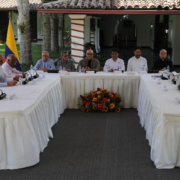 El_Espectador
El_Espectador
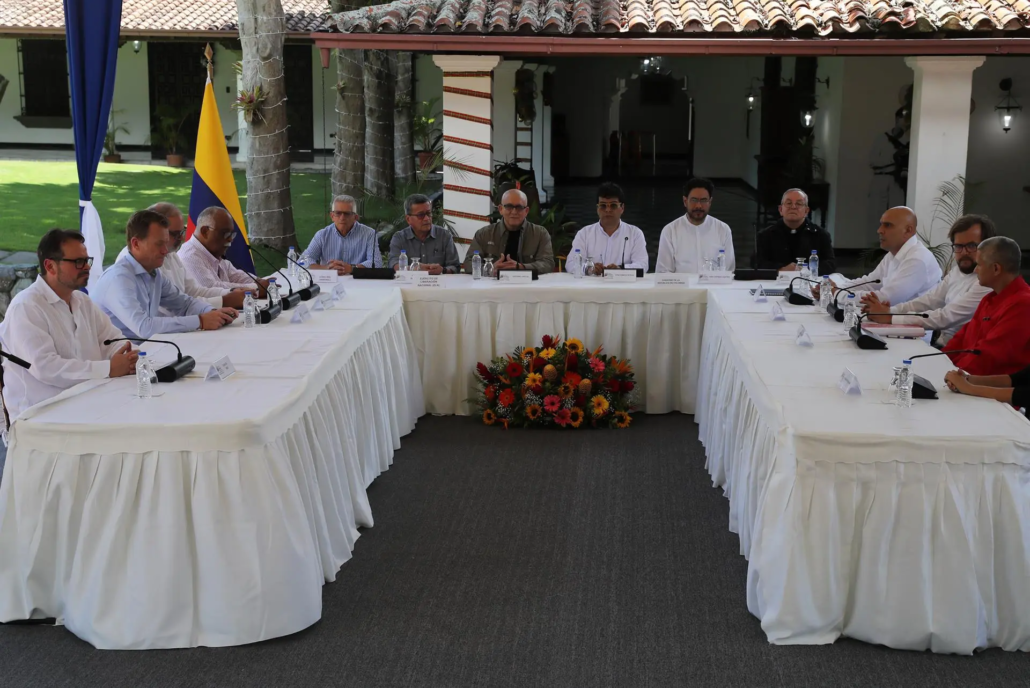
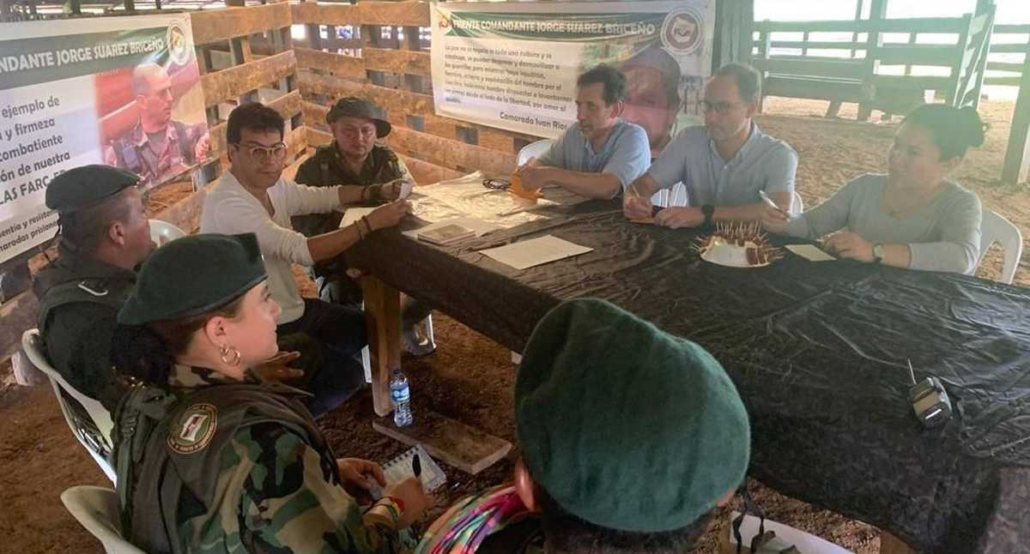
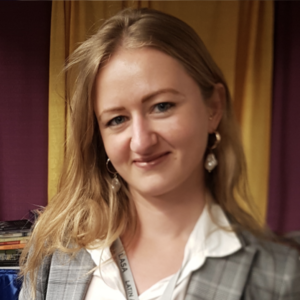
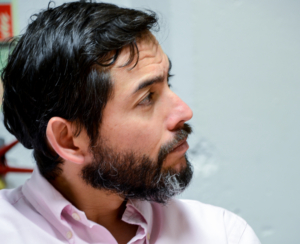
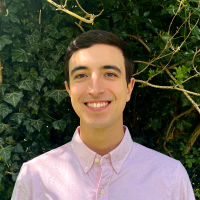
 El_Espectador
El_Espectador
Leave a Reply
Want to join the discussion? Feel free to contribute with respect. Comments that don't follow our principles and are considered offensive will be deleted.